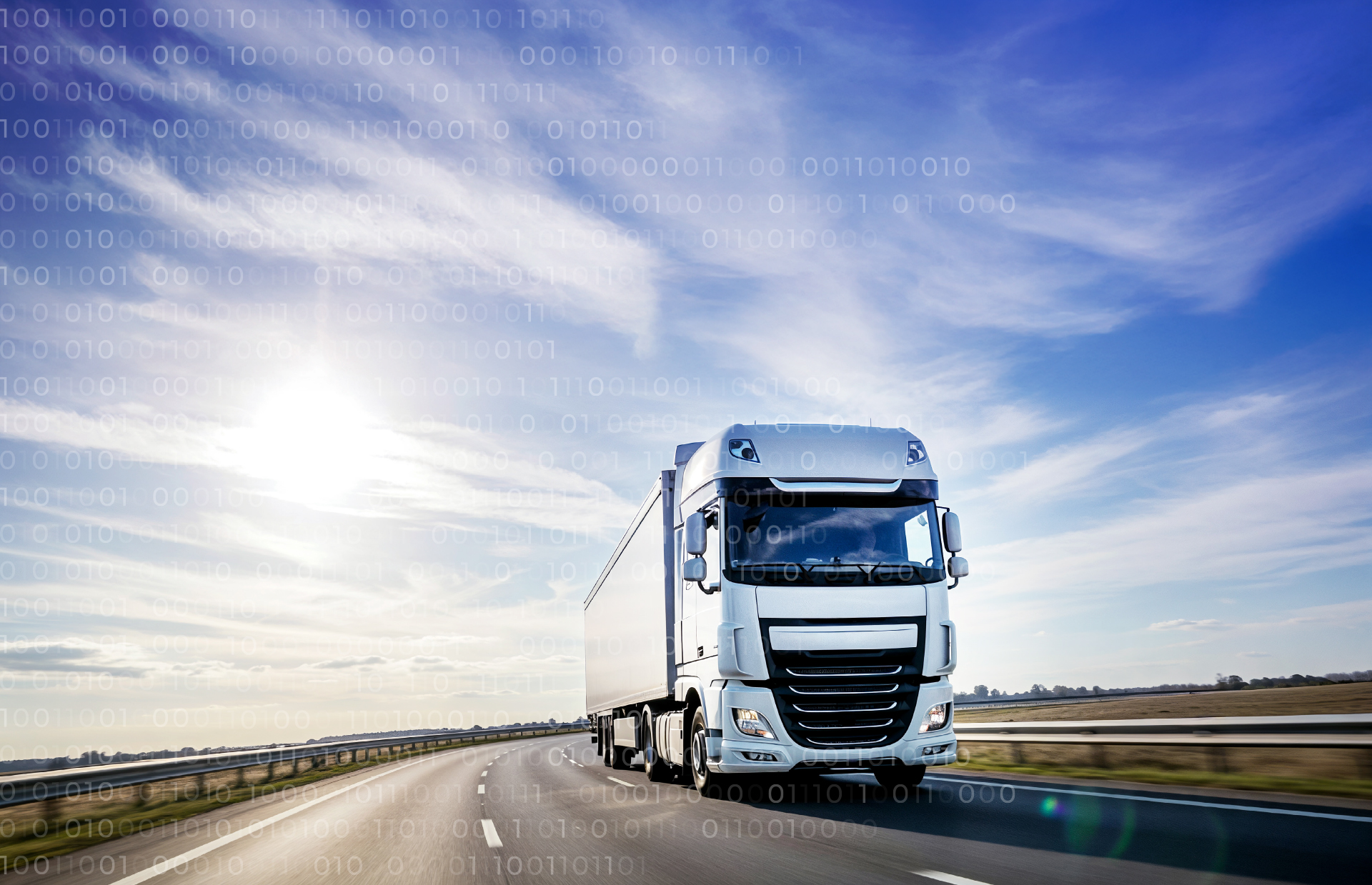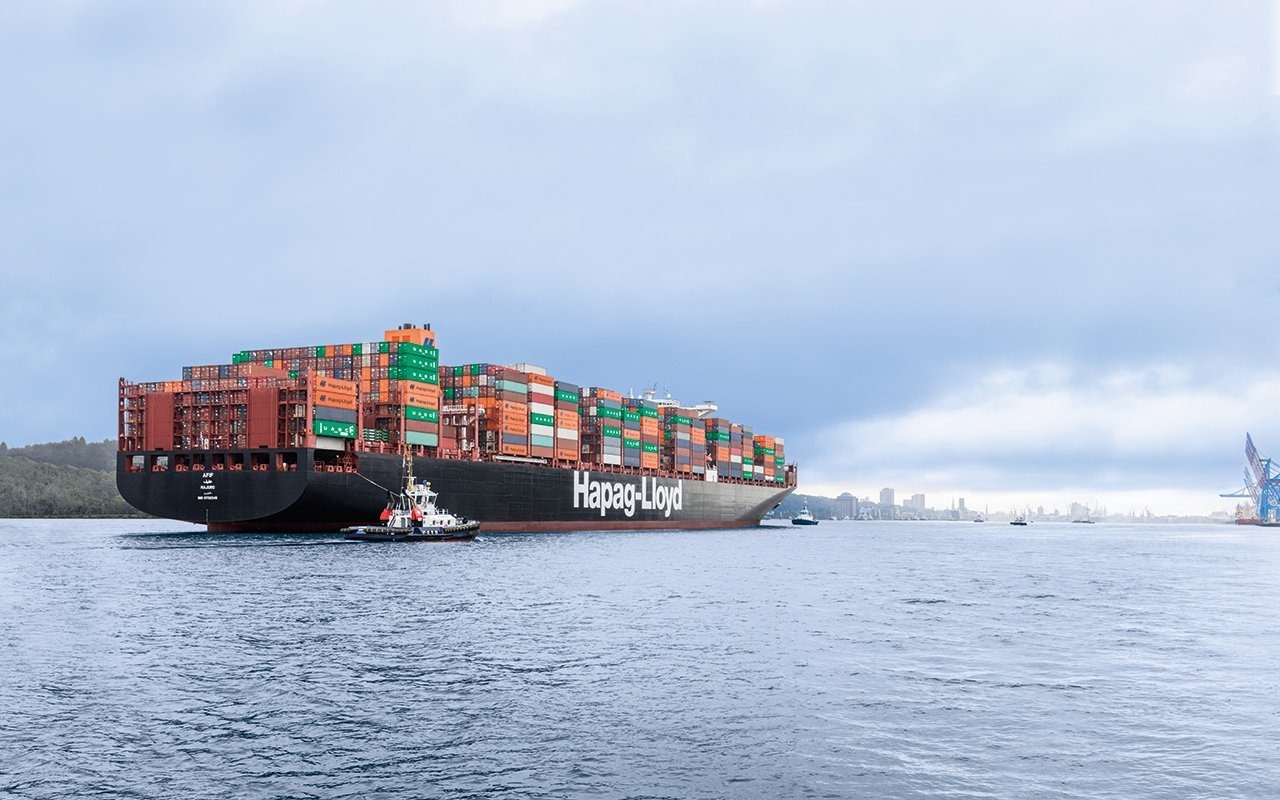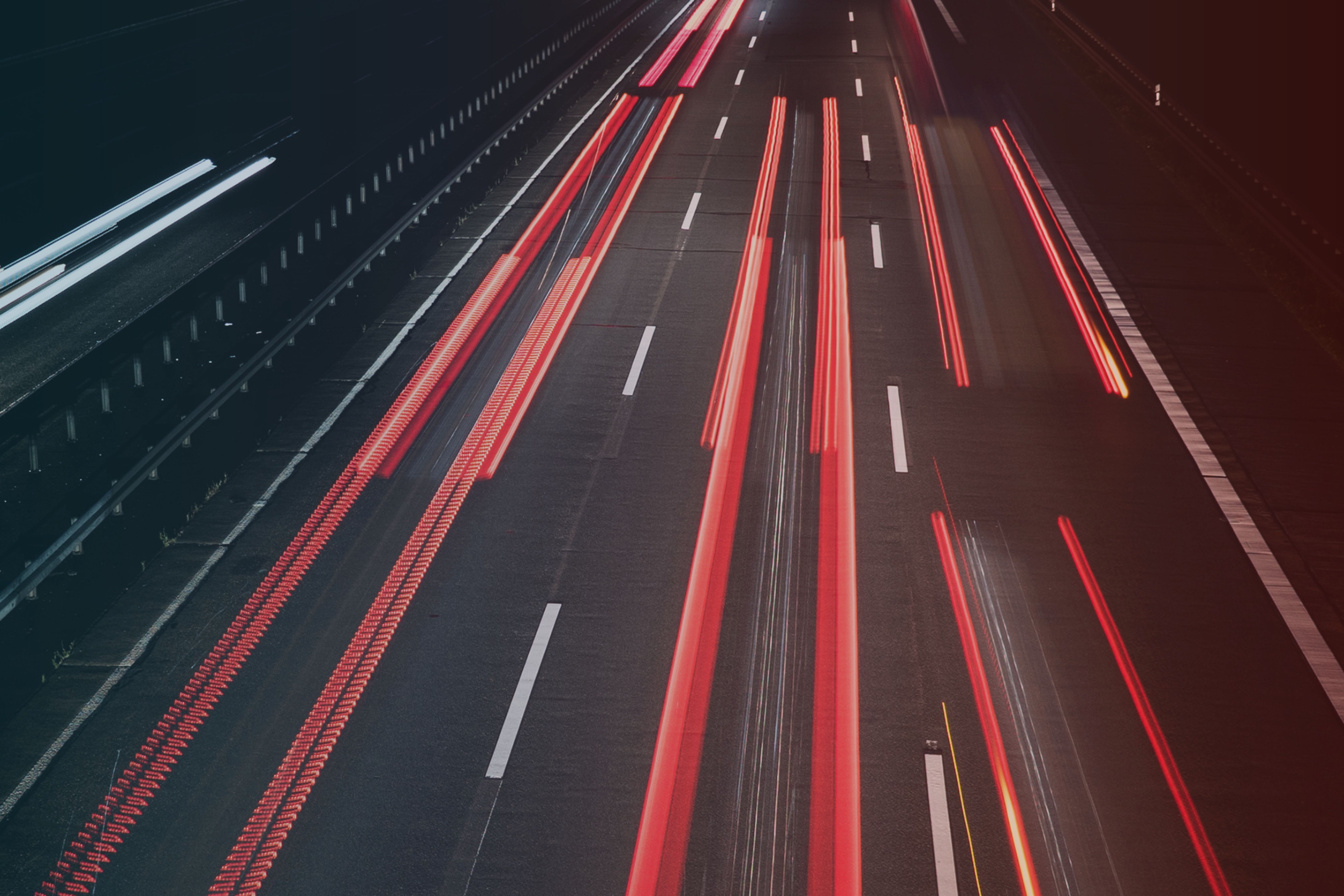
Often briefly mentioned at the end of a conference, like a mandatory point to cover, corporate social responsibility was the phrase on everyone’s lips during the last International Supply Chain Congress organized by the ASLOG.
It was a bold move to chose CSR as the main topic of a congress on the international supply chain. It was an even bolder move to open up the conversation to topics other than the usual platitudes and well-intentioned empty promises. But the boldness paid off, as we saw during the 2nd edition of the International Supply Chain Congress (ISCC 2019), organized on June 20th.
This was helped by the intervention of a talented speaker during the opening debate.
Bertrand Piccard, initiator of the Solar Impulse adventure, is surfing on a wave of positive feedback, brought by the success of his solar powered plane, to become a powerful advocate for renewable energy and clean technology, all while shaking up tradition.
Changing the paradigm
“Impossibility is just a way of thinking. Innovation isn’t about having new ideas, it’s about getting rid of outmoded beliefs”, said the explorer, who is also a psychiatrist. For Bertrand Piccard, to save the environment, we must first “change the paradigm”. All too often, protecting the environment is seen as a costly and bothersome process as it implies that we must all become more frugal. “But it’s actually fun and profitable”: this is the other paradigm on which, according to Bertrand Piccard, we must base ourselves so we can find solutions.
The president of the Solar Impulse Foundation recommends we “fight useless CO2, not useful CO2”. “Degrowth is the recipe for social chaos with thousands of people losing their jobs. But environmental chaos isn’t a much better alternative. We therefore must find a third path, bringing quality growth, which would create jobs by replacing all the jobs that create pollution by new systems capable of protecting the environment. CO2 is actually an indicator of inefficiency” according to the president of the Solar Impulse Foundation.
“Transporting more with fewer resources”
More and more companies are buying into this way of thinking. Reducing greenhouse gas emissions is one recurrent goals of CSR strategies, especially since it often overlaps with financial imperatives. “The stakes are high: we have to figure out how to transport more with less energy. Because this goal crystalizes the two imperatives of increasing transport capacity and lowering greenhouse gas emissions”, says Latifa Gahbiche, CEO of Chep France and Morocco.
The pallet maker therefore implemented measures to eradicate empty kilometers. Danone for example, used to ship its products via train, departing from one of their manufacturing plant, and the wagons used to come back empty. Chep now uses them to ship its own product to the manufacturing plant, which took 741 trucks off the road. Carrefour is another example of this. “We used to send empty trucks to get the pallets, and they used to send back empty trucks after receiving deliveries. We found a solution which optimizes 11,630 trucks” says Latifa Gahbiche.
Collaboration and pooling resources
This example perfectly illustrates the need to reassess our existing decision-making patterns, which is what Bertrand Piccard also suggests. “Collaboration among all the players throughout the supply chain is absolutely necessary. It is the key to implementing an efficient CSR strategy” states Latifa Gahbiche.
Digital marketplaces like the one created by Upply, who was a sponsor of Aslog’s international supply chain congress, can be a great asset, both in terms of increased efficiency and collaboration.
The whole industry is organizing itself to better centralize existing initiatives. This is the goal of the E.V.O.L.U.E. initiative (voluntary commitment for efficient urban logistics), presented during ISCC 2019. Three organizations: ASLOG, the Commerce Institute, and the Demeter club, decided to join forces to create a CSR compatible urban logistics model. They will be working on 4 topics:
- Data and Optimization
- Organizing the supply chain
- Human and operational means
- Delivery spaces and infrastructure
The goal is to create an implementation support system in the next 6 months, to deliver to public authorities, and start experimenting the mechanisms on specific territories as soon as possible.
The evolving energy mix
For urban logistics, and for the logistics industry more broadly, there are many variables beyond the loading ratio. The Carrefour group for example is investigating multiple projects to lower its carbon footprint by about 40% by 2025, and 70% by 2050. “One of the main things we did is streamline our warehouse network, and we are developing our use of soft transport mode like river shipping and combined methods. But we also want to achieve greater speed in road transport by using new engines, which are also more fuel efficient. We have chosen natural gas, which we deployed in 2015. We have about 400 natural gas fueled trucks on the roads today, and we’re planning on having 1000 by 2022. We’re also considering using a second type of energy”, says Philippe Pieri, Head of Strategy, Purchases, and Transport CSR at Carrefour.
For Bertrand Piccard, experts are not necessarily the best people to innovate within their own industry. This is why, during the Solar Impulse adventure, neither the aviation nor the energy industry supported the project. It’s a shipyard that ended up building the solar powered airplane. But the trucking industry may disprove this statement.
Indeed, manufacturers are currently testing new solutions. “We know there won’t be one single fuel type to replace all other, but rather an energy mix”, says Gilles Baustert, head of Marketing, Communication, and Public Affairs for Scania. “When it comes to urban and regional logistics, we believe that natural gas will remain an important fuel source in the next 5 to 10 years, as electromobility emerges. As for long distance transport, the combustion engine will continue to dominate the industry in the coming years, while players develop biofuel and hybrid solutions”, adds Olivier Metzger, Head of alternative energy solutions for Renault Trucks. Finally, in 10 years’ time, hydrogen and fuel cells may be added to the list of solutions. Scania, for example, just launched trials for hydrogen powered trucks.
Smart vehicles are also being looked into. Real time data analysis could optimize fuel
consumption, by informing the driver on his driving style, or by signaling areas where the electric engine can be used, for hybrid vehicles, explains Gilles Baustert.
“The era of greenwashing is over”
One thing is certain: “the era of greenwashing is truly over. We can see it in the requests for proposals”, says Odile Maarek, Head of Organization, Methods & CSR for Bolloré Logistics. Clients want efficient and reliable solutions. “We give a competitive advantage to suppliers who put forward tangible results” confirms Axelle Hallu, Head of social purchasing for L’Oréal.
Even when you take out the social and human component, the scope of CSR in the logistics industry is getting broader. Yann de Féraudy, Vice President of Operations and IT at Yves Rocher points out that “we can change packaging, the choice of material, and the way packages are packed for example”. Warehouse optimization strategies are also becoming more common. “We mostly work on lowering the carbon footprint of buildings, by looking at heating and lighting”, says Laurent Sabatucci, General Manager of EOL. These solutions are sure to meet client expectations in the coming years. “We are currently focusing on creating self-sufficient warehouses”, adds Philippe Pieri talking about Carrefour.
Client responsibility
So, where does client education fit in this picture? Few people are risking putting their foot in their mouths on this topic, but... In the retail industry, considering the increase in urban deliveries saturating the system, this question is becoming an important one to answer.
“We’re facing a huge wall. Someone from San Francisco’s mayor’s office I saw at a trade show a few weeks ago pointed out that delivering medication in 2 hours and delivering a chicken burrito are completely different ball games. The time will come when we have to make tough decisions. So, we might want to deal with the root cause of this issue directly” suggests Laurent Sabatucci.
Should we consider implementing a tax, for example on deliveries carried out in less than 3 days? We already know the type of raucous reaction such a measure would trigger. However, this type of measure is in line with Bertrand Piccard’s analysis. “Regulations are as outmoded as technologies. We need legislation that puts everyone on equal footing”.
It is also in line with what the younger generations are looking for, which is a mix of
protection of the environment and a paradoxical consumer-citizen paradigm manifesting itself by the dependence on e-commerce. The ASLOG, during its second International Congress, gave the floor to two spokespeople from the Student manifest for an Environmental awakening : Vinciane Martin, student at HEC Business School, and Claire Egnell, student at Science Po.
Their message is simple: “We’ve had enough of listing alarming numbers without anything changing. We want to work with companies who truly take the fact that resources are finite into account when creating their business strategy. The only real non-negotiables are the ones imposed by the environment”. And the supply chain industry has already started rolling up its sleeves.
Photo : @ Anne Kerriou
Our latest articles
-
Subscriber 3 min 24/02/2026Lire l'article -
Hapag-Lloyd - Zim: a shipping deal with geostrategic implications
Lire l'article -
European road freight: the spot market is stalling
Lire l'article



